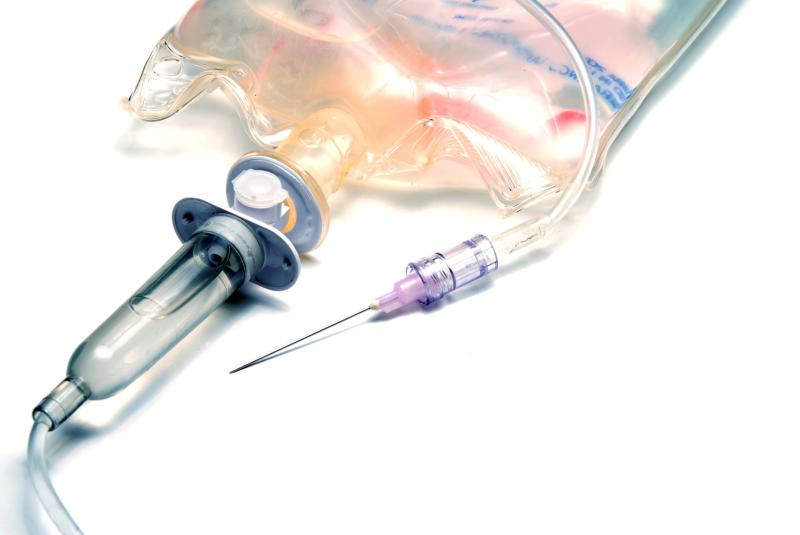
Serelaxin comes up short of improving outcomes in acute heart failure (AHF), with the results of the RELAX-AHF-2 trial showing that cardiovascular mortality and disease progression outcomes are similar between the investigational drug and placebo.
The investigators randomized 6,545 hospitalized AHF patients within 16 hours after presentation to treatment with either 48-hour intravenous infusion of serelaxin (30 μg per kilogram of body weight per day; n=3,274) or placebo (n=3,271) in addition to standard care.
All patients had dyspnoea, vascular congestion on chest radiography, increased plasma concentrations of natriuretic peptides, mild-to-moderate renal insufficiency and systolic blood pressure ≥125 mm Hg. The mean age of the population was 73 years, and more than half (59.70 percent) were men.
Results for the two primary endpoints were comparable between the two treatment groups. At day 180, death from cardiovascular causes had occurred in 285 patients treated with serelaxin and in 290 patients on placebo (8.7 percent vs 8.9 percent; hazard ratio [HR], 0.98, 95 percent CI, 0.83–1.15; p=0.77). Worsening heart failure at day 5 was documented in 227 and 252 patients, respectively (6.9 percent vs 7.7 percent; HR, 0.89, 0.75–1.07; p=0.19).
Likewise, no significant between-group differences were seen in the incidences of death from any cause and from cardiovascular causes at day 180, rehospitalization for heart failure or renal failure at day 180, or the length of the index hospital stay.
The percentage of patients who developed adverse events was also similar between the serelaxin and placebo groups (53.1 percent vs 52.1 percent).